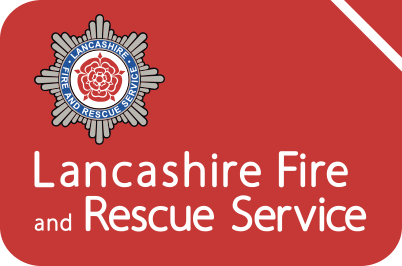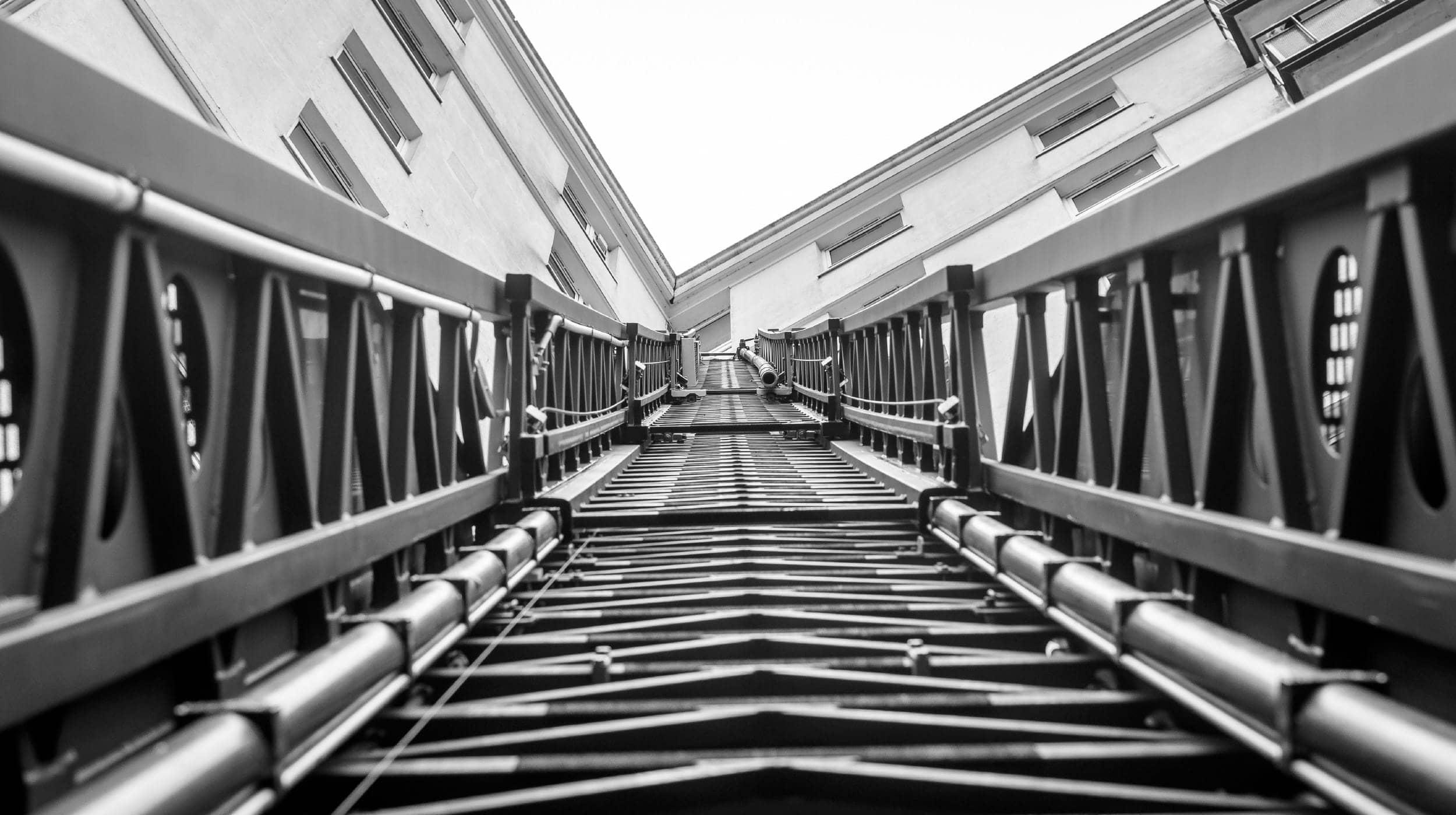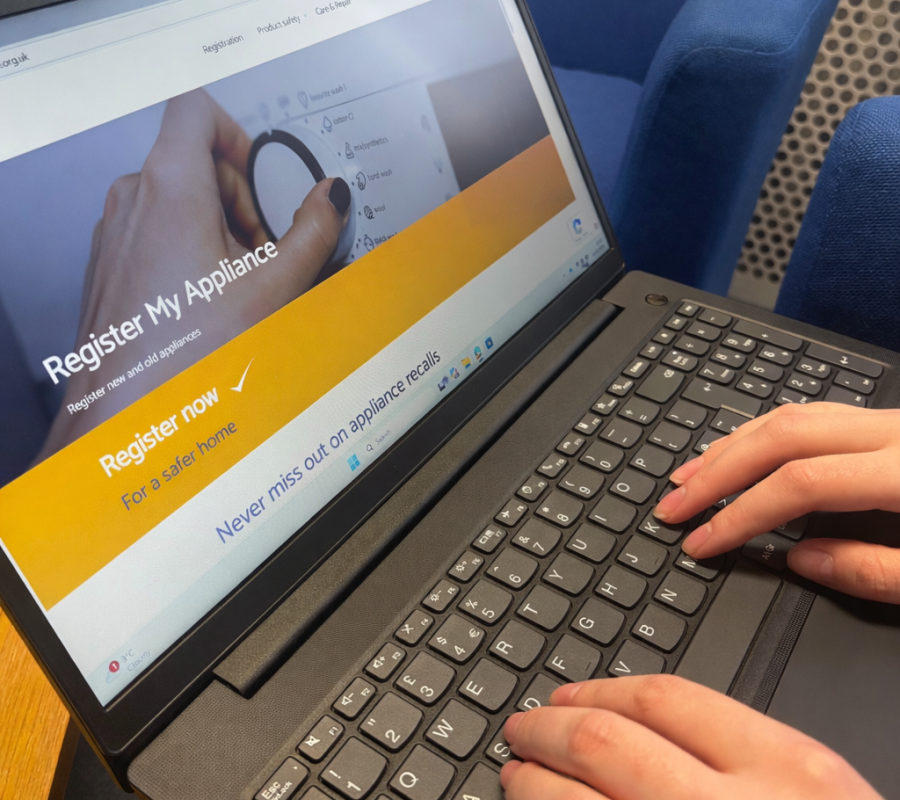Lancashire firefighters deployed to Mozambique as part of UK international rescue effort
Read the article written about Lancashire firefighters deployed to Mozambique as part of UK international rescue effort
Two firefighters from Lancashire have been deployed to Mozambique to support international flood rescue operations following severe storms and widespread flooding in J...









